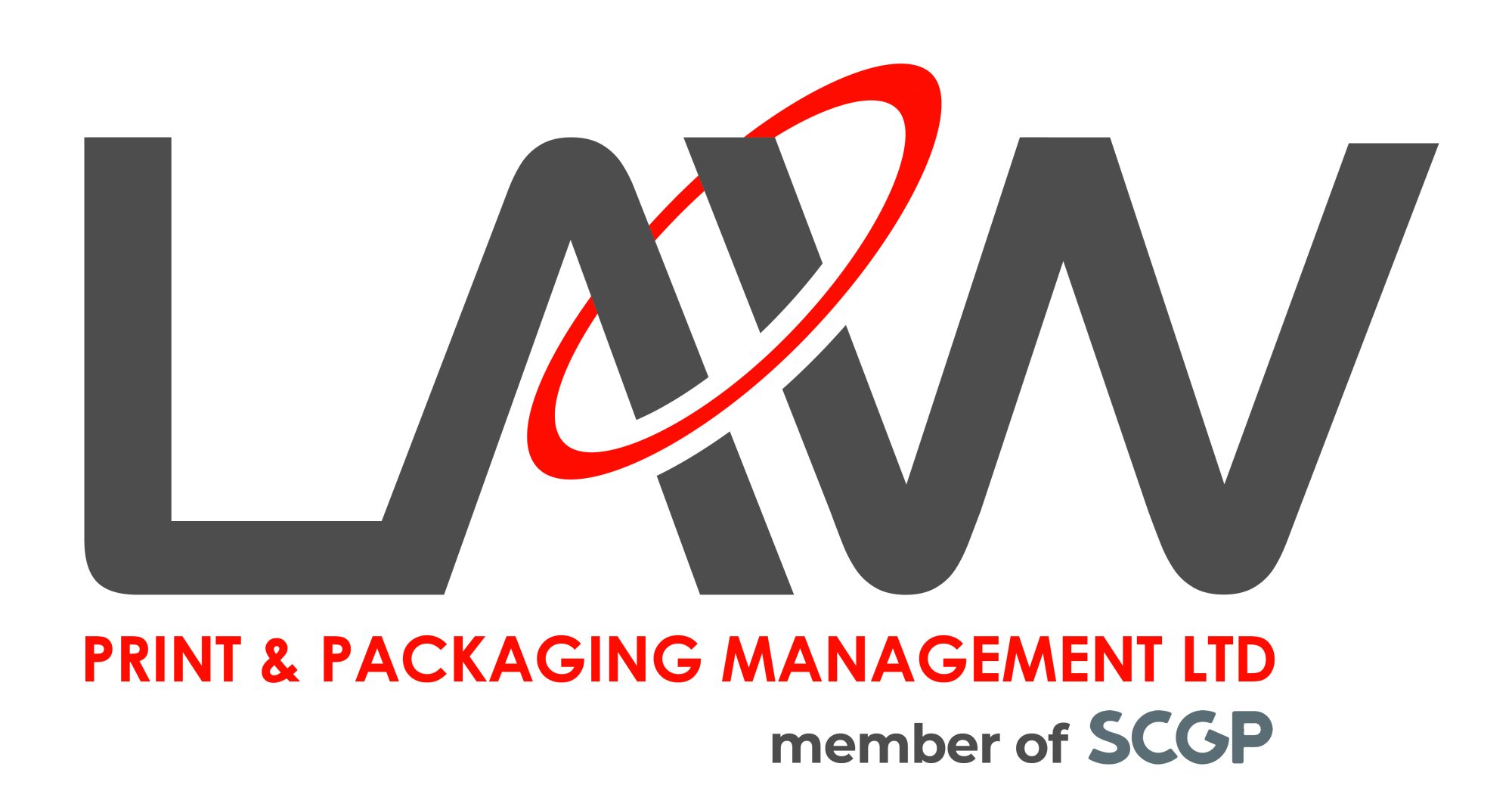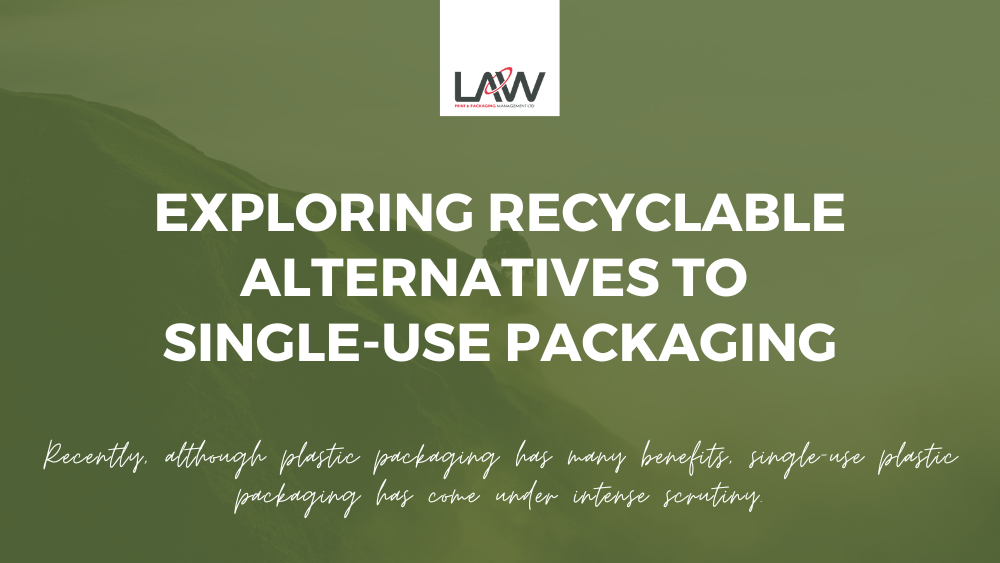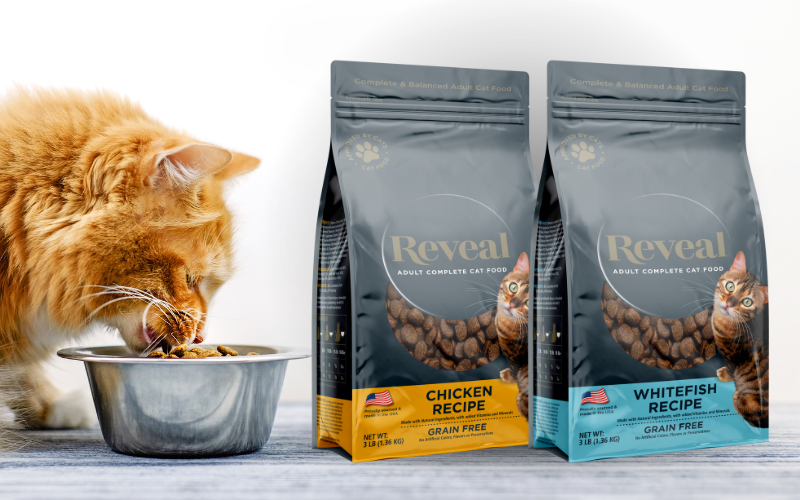The global concern over environmental sustainability has led to a growing demand for more sustainable packaging solutions. Recently, although plastic has many benefits, single-use plastic has come under intense scrutiny. Read more about Exploring Recyclable Alternatives to Single-Use Packaging.
As a result, businesses and consumers are increasingly seeking alternatives that are both functional and environmentally responsible. Recyclable mono material flexible packaging has emerged as a promising option, offering versatility and sustainability.
- Recyclable Flexible Packaging: A Viable Solution
- Types of Recyclable Flexible Packaging
- Challenges and Considerations
At any rate, in this blog, we will delve into the world of recyclable flexible packaging alternatives and explore their potential to change the way we package goods.
Recyclable Flexible Packaging: A Viable Solution
Plastic packaging is often villainised by the press, but the benefits often outweigh the negatives. For example, plastic packaging can be reused, and, if made in a mono material structure, it will be recyclable. It reduces food waste and often keeps content fresher for longer.
Recyclable flexible packaging represents a compelling alternative to single-use packaging for several reasons:
Sustainable Materials: Recyclable flexible packaging is typically made from a mono material structure, which is often a combination of PE/PE or paper layers. These can be efficiently recycled, reducing their environmental impact.
Customisability: Flexible packaging can be tailored to suit a wide range of products, from food items to cosmetics. Its adaptability makes it a versatile choice for various industries.
Extended Shelf Life: Recyclable flexible packaging can incorporate advanced barrier properties that protect products, reducing food waste and the need for preservatives.
Types of Recyclable Flexible Packaging
Recyclable Plastics: Some flexible packaging materials, such as certain types of polyethylene and polypropylene, are recyclable. These plastics can be collected, processed, and reused in new packaging.
Paper-Based Packaging: Paper and cardboard are renewable resources that can be used to create durable and recyclable packaging. Brands are increasingly opting for paper-based alternatives to reduce their environmental footprint.
Compostable Packaging: Compostable flexible packaging is designed to break down into organic matter when disposed of in a composting environment. However, it must meet certain criteria and is often only industrially compostable. This is therefore becoming the least favourite option to brands and retailers.

Challenges and Considerations
While recyclable flexible packaging holds great promise, there are challenges and considerations to be aware of:
Recycling Infrastructure: To maximise the benefits of recyclable flexible packaging, a robust recycling infrastructure is essential. Increased investment in recycling facilities and improved consumer education are required to make recycling more accessible and effective.
Cost Considerations: In some cases, recyclable materials may be more expensive than traditional plastics. However, as demand increases and technology advances, prices are likely to become more competitive.
Design Innovations: Brands and manufacturers must invest in research and development to create packaging that is both eco-friendly and functional, ensuring that the packaging maintains product quality and safety.
Recyclable flexible packaging is a compelling alternative to single-use packaging materials, offering sustainability, versatility and customisation. As businesses and consumers become increasingly conscious of their environmental footprint, the demand for eco-friendly packaging solutions will continue to grow.
By investing in recyclable flexible packaging and supporting recycling infrastructure development, we can move one step closer to reducing the harmful impact of single-use packaging on our planet. It is a collective effort that has the potential to transform the way we package and consume products, ultimately benefiting both the environment and society as a whole.
Are you interested in Exploring Recyclable Alternatives to Single-Use Packaging?
If your brand is looking to invest in sustainable packaging, we will guide you through the entire print process. Providing recommendations to improve efficiency, reduce costs and add untold value to the end product.
Contact us on +44 (0) 161 440 7302 or follow this link to complete our contact form.



